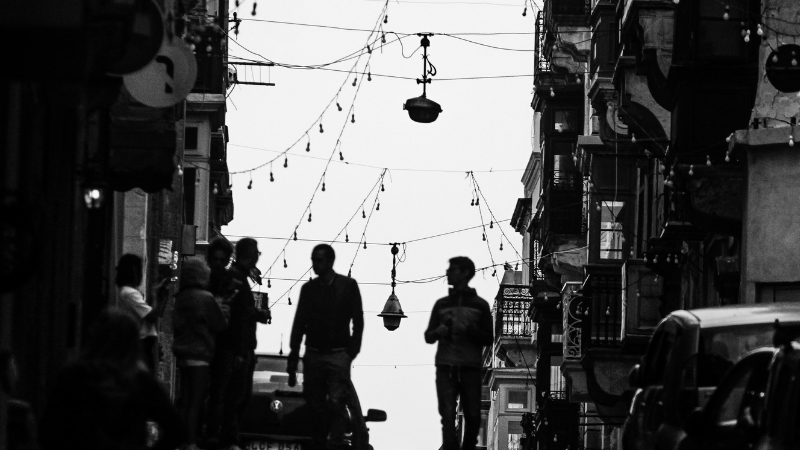“Letterbox companies, corruption, contract killings and restrictions on the freedom of the press” are just a few of the problems haunting Malta, according to Germany’s popular daily newspaper Neue Westfalische.
In an article entitled ‘Corruption and Killings: What happens in Malta, remains in Malta’, the journalists explored the circumstances around the assassination of Daphne Caruana Galizia, as well as allegations of rampant corruption at the highest levels of government.
The article by Joris Grablin, Tom Sundermann and Mattias Schwartzer was based on research they conducted during their visit to Malta as well as a number of interviews held in the country. “The Panama Papers unveiled countless corruption cases in Malta in 2016, with Prime Minister Joseph Muscat’s two close associates at the centre (of accusations): Chief of Staff Keith Schembri and Tourism Minister Konrad Mizzi,” the report states.
The authors add that “anyone who reports about it lives dangerously and has to fear for their life” before explaining how Caruana Galizia paid for her life’s work when she was assassinated on 16 October 2017. The report asks: “What is the EU doing about it?”
“Surprisingly very little,” is the answer.
The author describes how the air is polluted, the island is bursting at the seams, and there is no regard for traffic regulations.
“Money laundering on the island is standard,” the report states, adding that what happens in Malta stays in Malta.
A conversation with a taxi driver reveals how rents have shot up so much that it “affects the population and not in a positive way”.
Turning back to the subject of Caruana Galizia, the same taxi driver says that “anyone who interferes in the issue is threatened; hardly anyone takes the risk”. He also tells the journalist he believes the government could be hindering the investigation.
Occupy Justice activist Pia Zammit talks of the State-capture of institutions. “We have whistleblowers who have to fear for their lives. And we have Maltese politicians who can do whatever they want without having to worry about anything”.
Declining media freedom in the country is noted in the report, as well as the fact that the government controls large sections of the media. The article also refers to the burden on The Shift News resulting from threats of libel and SLAPP lawsuits for research published.
The Shift News investigation that unravelled an online network of secret and closed pro-government Facebook groups features in the report: “Where those surrounding the Prime Minister would organise online attacks on activists and journalists”.
The journalists note that a few independent portals remain “such as The Times of Malta and The Shift News and some bloggers that uphold the banner of press freedom despite repeated attacks and restrictions on advertising revenues” .












